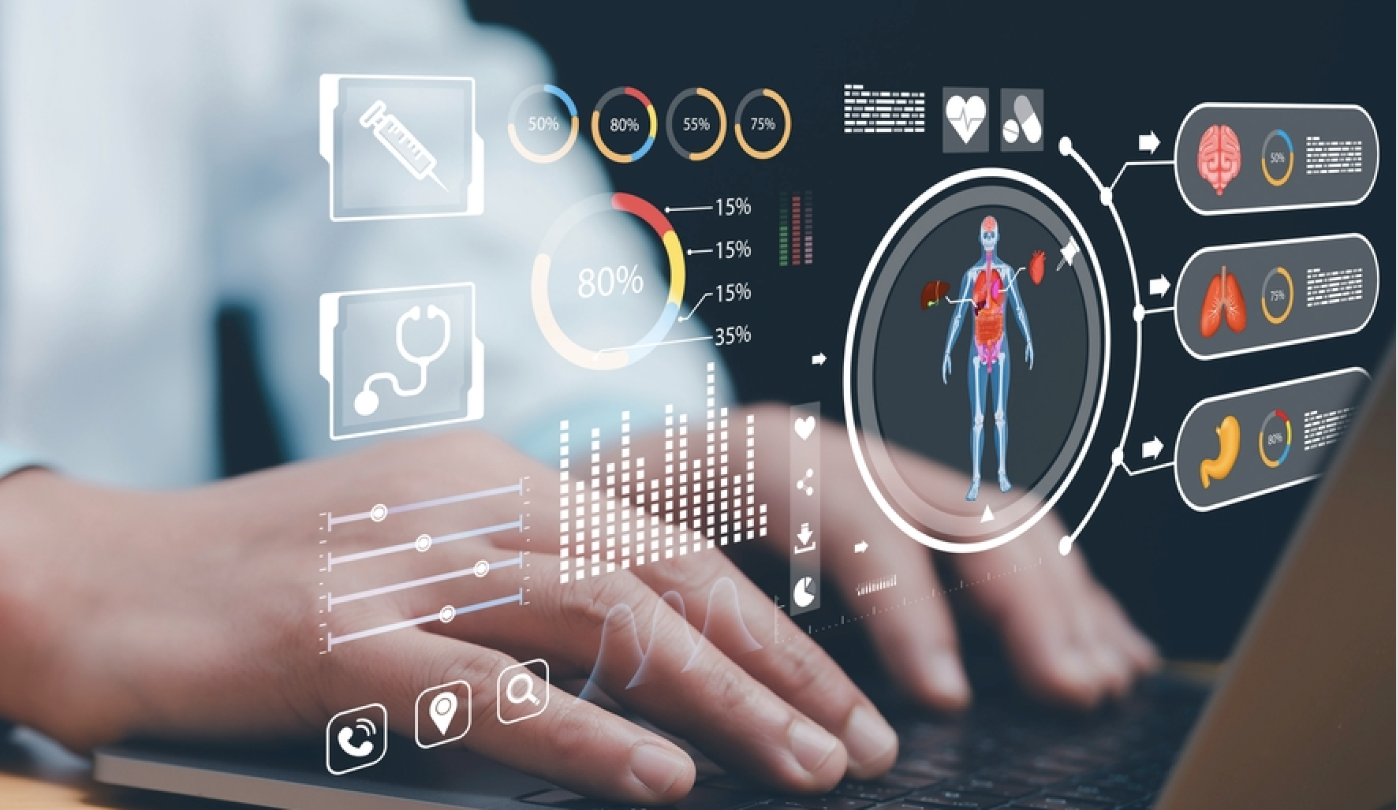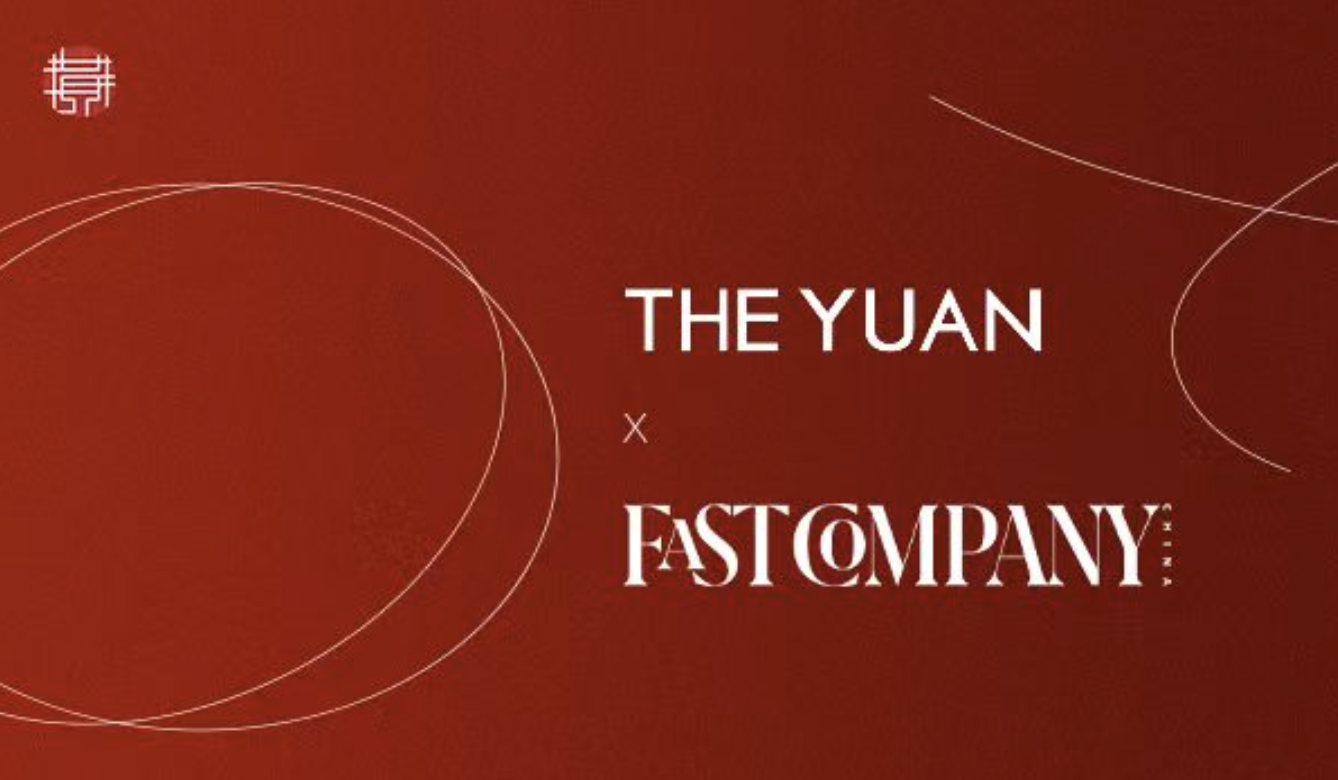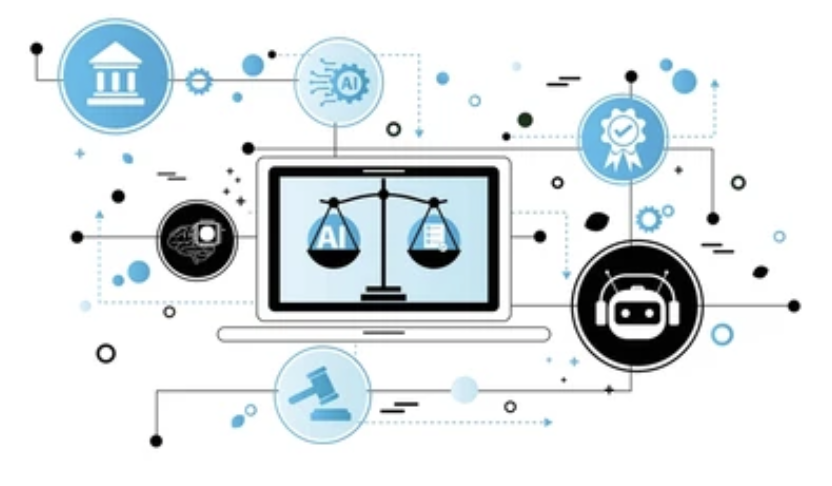

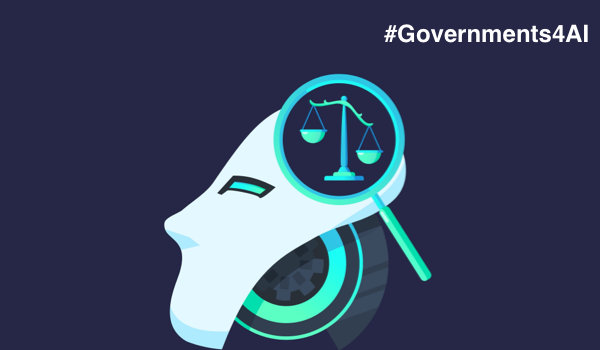
MANILA - An overabundance of papers, articles, publications, and discussions in the last three years has addressed the topics of artificial intelligence (AI) and governance, with the emphasis mostly on governance of AI itself. This article will examine the profound impact of AI on international trade and investment, and focus on the governance of global commerce in the age of AI.
AI accelerates the speed and efficiency of international economic transactions, and this will require a transformation of the rules governing global commerce and a new legal framework for the rules of international trade and investment. Existing treaties, agreements, laws, and regulations will need to be reviewed and revised based on a global economy transformed by AI.
AI hastens international trade and investment, economic integration
The application of AI in international trade and investment is accelerating the pace of cross-border economic transactions. Applying Moore’s Law - with computing capacity doubling roughly every 18 months - this acceleration by AI of digitized trade and investment is increasing at an exponential rate. AI will seek to increase capacity and economies of scale by breaking down traditional barriers to trade and investment. This will ease the economic integration of all AI users into the international trade and investment community.
More efficient decision-making
AI algorithms process vast datasets, enabling quicker and more informed decision-making. In international trade, this translates into faster risk assessments, market analyses, and strategic planning, thereby expediting the decision-making process for businesses and investors.
Optimizing supply chains
AI's analytical abilities optimize supply chains. By predicting demand and streamlining
The content herein is subject to copyright by The Yuan. All rights reserved. The content of the services is owned or licensed to The Yuan. Such content from The Yuan may be shared and reprinted but must clearly identify The Yuan as its original source. Content from a third-party copyright holder identified in the copyright notice contained in such third party’s content appearing in The Yuan must likewise be clearly labeled as such. Continue with Linkedin
Continue with Linkedin
 Continue with Google
Continue with Google



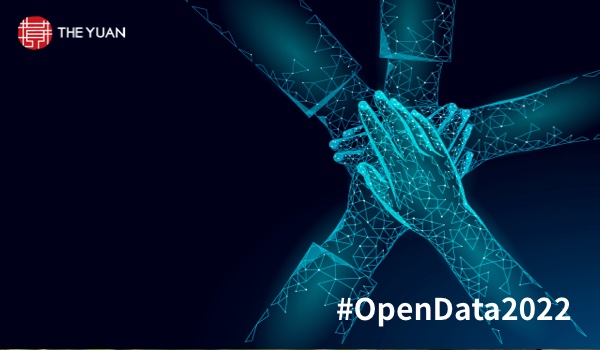







 935 views
935 views

